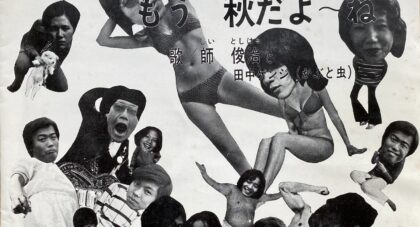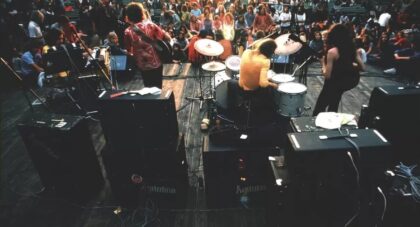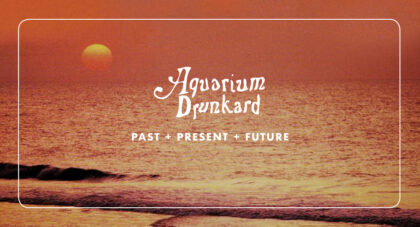On Southland Mission, Phil Cook has hit his stride. The record, which found him weeping upon listening back to demos alone in a cabin in Gailax, VA is a testament to the community of inspiring and talented individuals Phil has reveled in and continues to give back to. After serving as musical director on I’ll Find A Way with longtime heroes The Blind Boys of Alabama, Phil had a revelation -- one that that has since provided the inspiration for a record that is pure in every sense of the word.
Speaking with Cook during a European tour opening for The Tallest Man on Earth, he speaks of nothing but gratitude for the team effort Southland has been. He tells us this record made life easier, clearer for him. Phil if you’re reading this, the feeling is mutual.
Aquarium Drunkard: Is this the first run of dates in Europe for the new record?
Phil Cook: I did some shows when I was opening for Hiss Golden Messenger. I was opening the show and then playing in his band in February. Doing these tunes, but the record wasn’t out, I was just like hey just so you know, I got a record coming out this fall. This is the first time I got to have the thing for sale, and playing the tunes and talking about the record and it’s really exciting.
AD: How has the response been over there?
Phil Cook: I love it so much. It’s been so fun. Tallest Man’s fans are fans of good music. They love what he does and I think they are coming out and have been really appreciative and kind and listening. They’re open to shit. I just want people to be relaxed and be themselves and have a good time. I try to make people feel comfortable right away. There’s no mystery to what I’m doing.
AD: It seems like you value the idea of building a certain degree of trust with your audience.
Phil Cook: Luckily, the door that I’ve found into music was so pure. I feel lucky that it was just a love of the music itself. It was never, not once about getting chicks. It was never about that or magazines or pictures and posters. It’s just about records. I get older and I kind of meet more people from that funky old tribe of dudes where it really is just about the music. Music has given me my best friends in the entire world. It’s brought me all over the place. It introduced me to places and people. I have nothing to feel but grateful at the end of the day.
Only the good shit. Aquarium Drunkard is powered by its patrons. Keep the servers humming and help us continue doing it by pledging your support.
To continue reading, become a member or log in.


